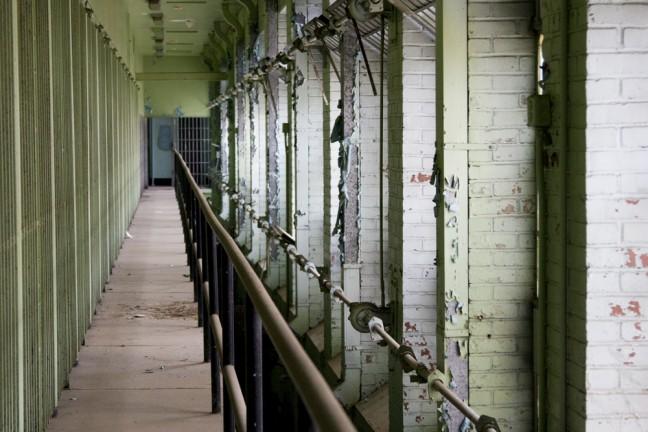It’s hard to enact criminal justice reform when those who know the system best can’t vote.
Criminal disenfranchisement is the modern day suffrage issue that nobody wants to talk about. The term refers to the undemocratic, unethical exclusion of 6.1 million people from the American electorate.
Not only do 48 states strip felons currently serving time of their right to vote — implying it is more of a privilege than a right — but many continue to restrict their voting access well after their release from prison.
Like many of the other broken American institutions still being dragged into the 21st century — Nixon’s War on Drugs comes to mind — criminal disenfranchisement disproportionally affects minorities, as minorities already suffer disproportionate rates of arrest as compared to whites.
Though in the last 25 years minds have begun to turn and laws have begun to change in favor of restoring basic rights to disenfranchised and underrepresented groups, the taboo around the issue remains. Nobody wants to go further and demand rights for all people, including those currently serving time.
The fear of allowing prisoners to vote is baseless. Although it is natural to assume prisoners already have beliefs which are incompatible with the rest of the society, for the large majority this isn’t true. Murderers don’t necessarily believe everyone should be running around killing each other, bank robbers don’t believe every bank should be emptied. There is a massive disparity between how one may act personally and their vision for society as a whole.
In Malcolm Gladwell’s “David and Goliath,” he discusses the necessary conditions for the establishment to properly enforce order. “First of all, the people who are asked to obey authority have to feel like they have a voice — that if they speak up, they will be heard.”
This is what the disenfranchised are missing.
They don’t have a say in the rules that govern them. If the electorate was more representative of our population, or in other words included the 2.5 percent of the voting-aged population who have had their voting rights revoked, perhaps issues like for-profit-prisons, prisoner rehabilitation and solitary confinement (psychological torture) would be brought into the national discourse.
Instead, these issues don’t matter to politicians pandering to their skewed electorate.
Prisoners often describe feeling isolated from the outside world. When they return to society they feel they no longer belong, and some who served longer sentences feel they were better off in prison. Allowing prisoners to vote would keep many of them focused on the outside world and the issues facing society.
The democratic process should represent the people affected by our laws. The fact is, many of the people affected by this country’s laws are members of the largest prison population in the world, and are prohibited from participating in America’s democracy because of it.
Will Stern (wstern4@wisc.edu) is a sophomore majoring in journalism.


